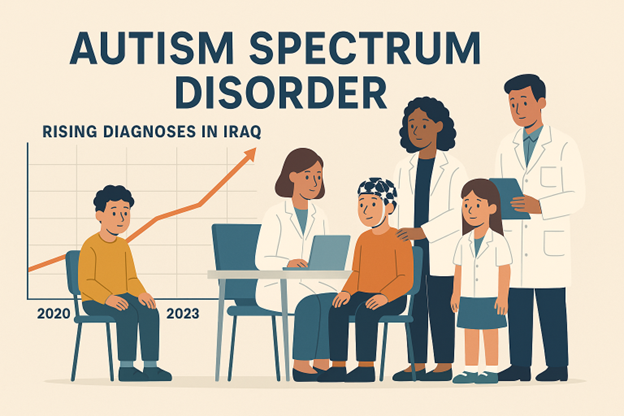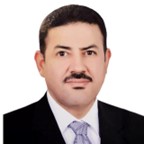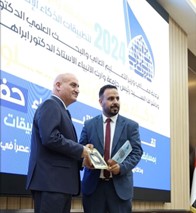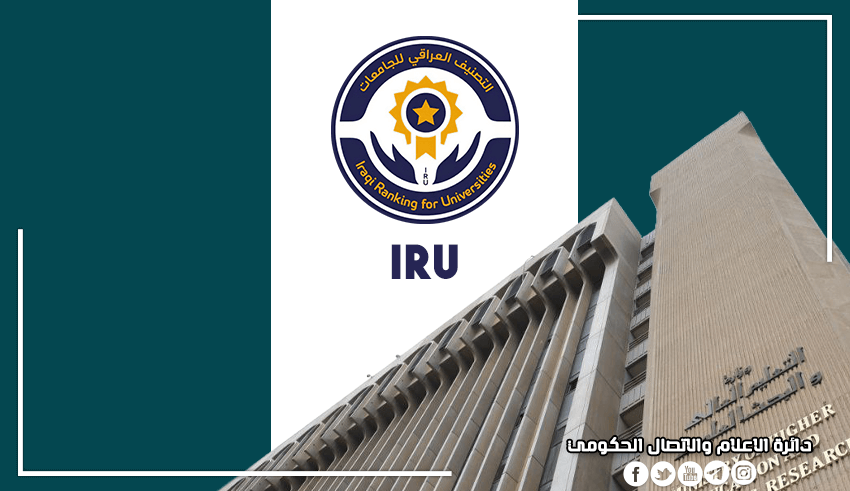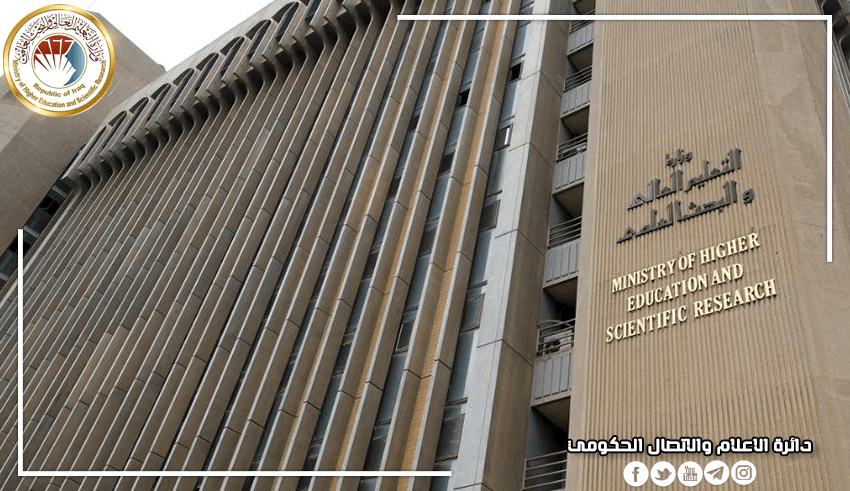The prevalence of Autism Spectrum Disorder (ASD) in Iraq remains largely under-researched, with estimates suggesting roughly 0.89 percent (89.4 per 10,000 children). While regional studies in Thi-Qar Governorate and Baghdad indicate rising diagnoses, comprehensive national data is still scarce. To tackle ASD effectively, continued research and better diagnostic practices are vital. Across the wider Middle East, environmental pollutants from industrial activity and conflict, coupled with psychosocial stress from war and displacement, have been linked to developmental disorders like ASD, while poverty and limited healthcare access further hinder early intervention.
Against this backdrop, the University of Warith Al-Anbiyaa (UOWA) and the University of Kufa (UOK) are breaking new ground. By combining Electroencephalography (EEG), Brain-Computer Interfaces (BCI) and machine-learning algorithms, their approach has achieved a remarkable 97.6 percent accuracy, 98.5 percent precision and a 98.3 percent F₁ score—far exceeding typical global early-diagnosis rates of 70–80 percent. If this work continues to advance, it could not only transform ASD detection in Iraq but also help close the global gap in early diagnosis, especially in regions with limited resources, by offering a highly accurate, technology-driven solution.
